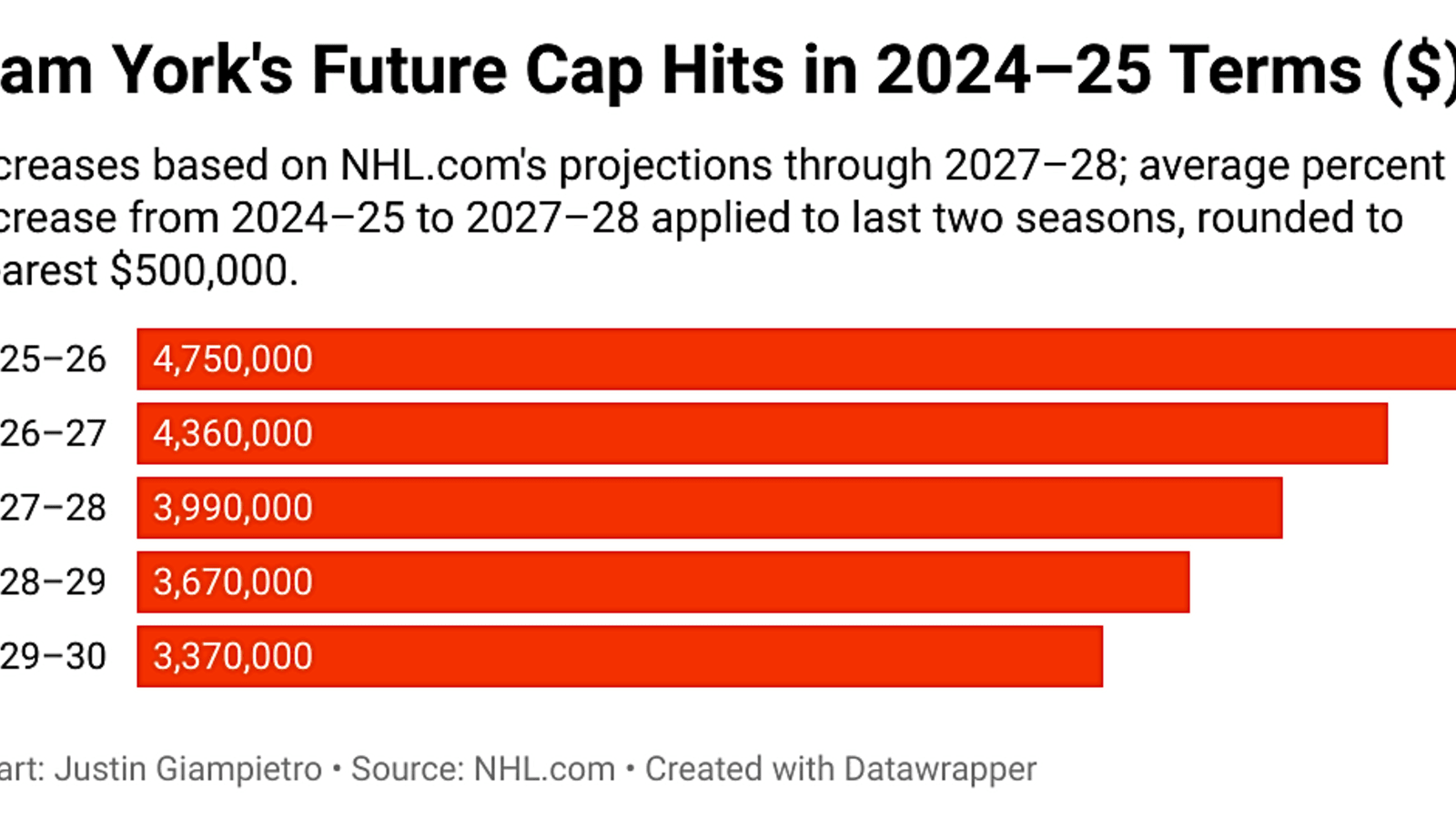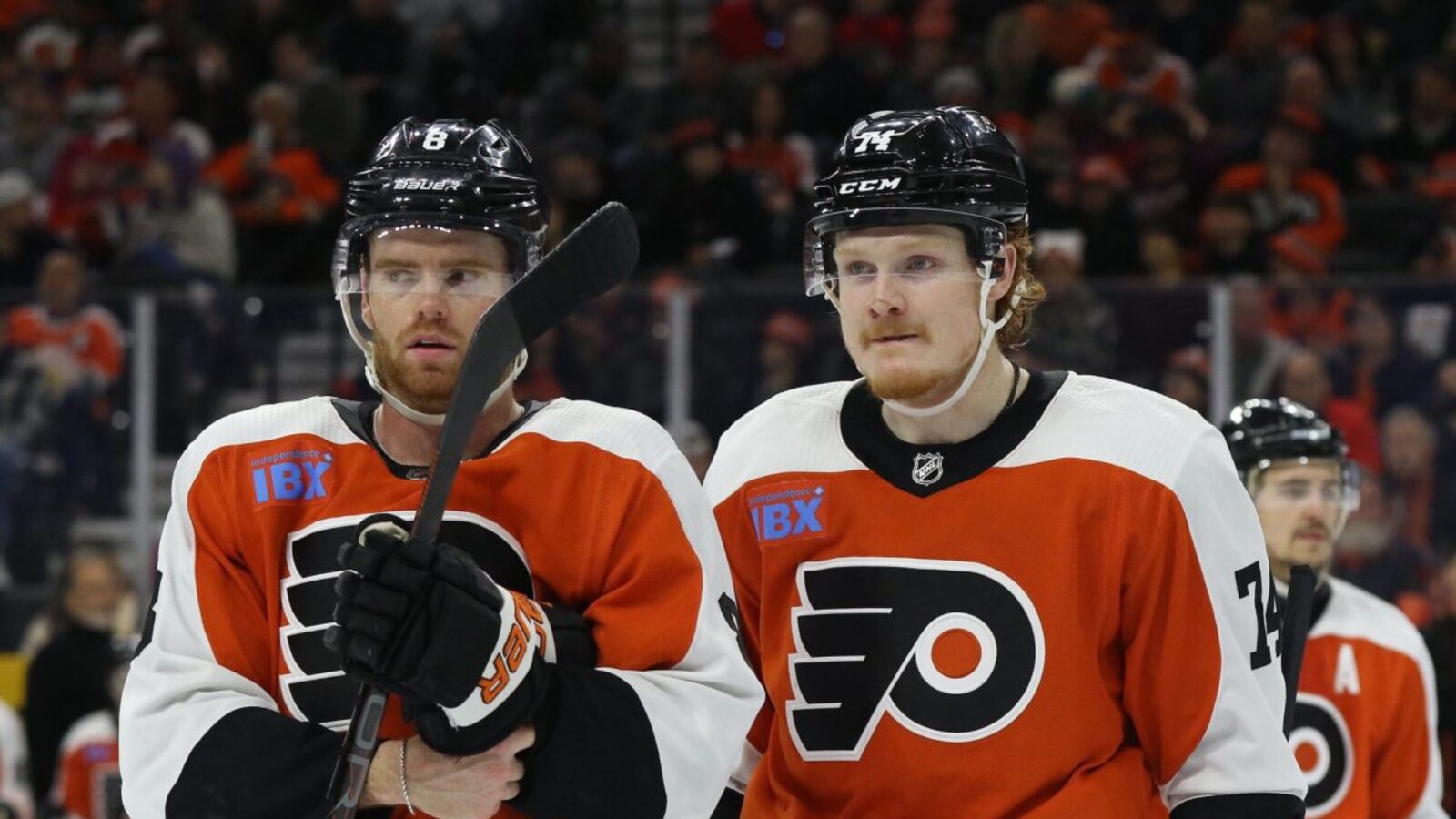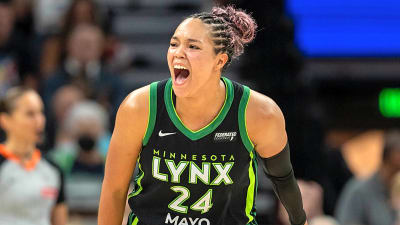
The margins between the NHL’s contenders are often razor-thin. One of the few ways to stand out, aside from having priceless talent, is through salary-cap efficiency. Spending each dollar wisely is the name of the game.
For the Philadelphia Flyers to hoist Lord Stanley someday, they’ll also need some value on their contracts. Regarding that topic, what have they done well and poorly to this point, and how can they take the next step?
What the Flyers Have Done Well
Since the Flyers aren’t contending yet, they haven’t had a ton of opportunities to do “well” with contracts. But their 2025 offseason was a pretty good start.
First, the Cam York extension. At five years and $5.15 million annually, it’s almost destined to be a fair deal. A 24-year-old defenseman who has handled top-four minutes admirably over the past three seasons, only several steps back would make this a bad contract. Fortunately, under new head coach Rick Tocchet’s guidance, a step forward seems more likely.
The Flyers were also smart to be cautious with Tyson Foerster. They’ve had nothing but praise for the 23-year-old winger, but he hasn’t earned a long-term deal yet, coming off a 43-point campaign across 81 contests. Instead, he agreed to a two-year pact worth $3.75 million annually. Philadelphia chose the philosophy that a big-money contract has to be unquestionably deserved.
That philosophy has applied to a lot of players. The Orange and Black have plenty of expiring deals in the 2026 offseason (Jamie Drysdale and Trevor Zegras being the most notable), but they’re not handing out extensions. If a new, lengthy contract is the right move, it will be granted.
What the Flyers Can Work On
The Flyers haven’t been perfect with their spending, however. Specifically, a couple of eight-year deals given out in 2024 could come back to bite them: Travis Konecny and Owen Tippett. Despite being 28 and 26 years old, respectively, they will make $14.95 million combined through the 2031–32 campaign.

Having that much money allocated to two players in their mid-30s could be a problem. By that point, they could be third-liners—perhaps still capable of 20-goal seasons, but with a regressed all-around impact.
That kind of inefficient spending can severely limit a team’s ceiling. Instead of being able to add a top-four defenseman, for example, the Flyers may not have the funds to make that happen.
Now, the salary cap is expected to rise substantially over the next few seasons—up to a projected $113.5 million by 2027–28. Even if that’s the case, the Konecny and Tippett contracts could still be holding the Flyers back.
In 2023–24, forward Cam Atkinson was making $5.875 million annually, taking up 7.04% of the salary-cap ceiling (which could be a similar number to Konecny in the latter stages of his deal). The 34-year-old recorded 28 points across 70 games, averaging 15:57 of ice time each night.
That may not seem too bad, but the analytics and eye tests agreed—he struggled mightily, to the point of being below NHL caliber. With no other options, though, the Flyers gave him regular minutes until the end of the season. He was bought out in the summer.
This could be Konecny and Tippett’s future, too. The most concerning part is that their prime years are in the present, yet the Flyers may not be competing for championships anytime soon. In essence, there was no on-ice benefit of handing out those deals, and that’s something I said about both players at the time (Tippett article here, Konecny article here). The front office needs to be careful moving forward.
Flyers Must Get Value in Their Stars
For the sake of the argument, let’s say that Konecny and Tippett are overpaid when the Flyers are trying to contend. To be clear, that’s not a knock on them—it’s simple human anatomy. But getting back on track, while the cap is rising, that’s a genuine concern. The team will have to rebound.
There’s really only one way to do that: signing their stars to efficient deals. Porter Martone, Matvei Michkov, and others must provide more on the ice than the number on their paycheck says they should. Otherwise, the Flyers risk being behind the curve.
Look at, for example, the Edmonton Oilers and Florida Panthers. They’ve met in back-to-back Stanley Cup Finals, but they couldn’t be more different in spending efficiency. After losing in seven games, Edmonton spent its 2024 offseason buying out Jack Campbell and attaching draft picks to Cody Ceci to shed his salary. Florida, on the other hand, loaded up further at the trade deadline. The Panthers won in six games last June, and money certainly had something to do with the result.
If the Flyers want the best chance to win the Stanley Cup, monetary efficiency is a must. Can they manage?
More must-reads:
- Oilers to sign HC Kris Knoblauch to multiyear extension
- Veteran wideout announces retirement from NFL
- The 'MLB playoffs all-time hit leaders' quiz
Breaking News
Trending News
Customize Your Newsletter
 +
+
Get the latest news and rumors, customized to your favorite sports and teams. Emailed daily. Always free!








